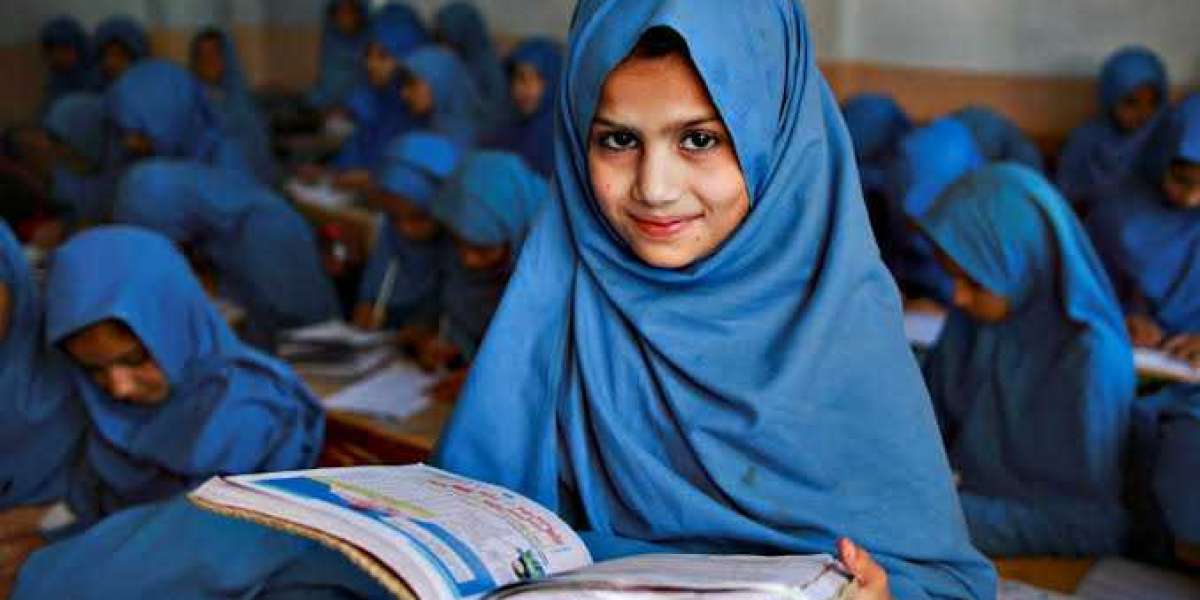Pakistan is a developing country that has faced many challenges in providing quality education to its citizens. Despite being rich in natural resources, the country has struggled to build a strong education system. This has resulted in high levels of illiteracy, low enrollment rates, and poor educational outcomes. However, there have been some positive developments in recent years that provide hope for the future of education in Pakistan.
One of the biggest challenges facing education in Pakistan is access to education. Many children, especially those in rural areas, do not have access to schools. This is due to a lack of resources and infrastructure, as well as cultural attitudes that do not place a high value on education. There is also a gender gap in education, with fewer girls attending school compared to boys. This is due to a combination of poverty, cultural attitudes, and a lack of resources.
Another major challenge facing education in Pakistan is the quality of education being provided. The education system is plagued by poor teaching standards, inadequate resources, and outdated curriculum. This has resulted in low levels of student achievement, with students not being prepared for the demands of the 21st century. There is also a shortage of qualified teachers, which has led to many schools being staffed by unqualified teachers.
Despite these challenges, there are some positive developments in the education sector in Pakistan. The government has taken steps to improve access to education by building new schools, improving infrastructure, and providing scholarships to underprivileged students. There have also been efforts to improve the quality of education by increasing investment in teacher training, updating the curriculum, and introducing new teaching methods.
The private sector has also played an important role in improving education in Pakistan. Private schools have been established in many parts of the country, providing high-quality education to students who cannot afford to attend government schools. Private schools are also helping to bridge the gender gap in education, with many girls attending private schools that are co-educational.
In conclusion, education in Pakistan is facing many challenges, but there are also many positive developments that provide hope for the future. The government and private sector must work together to improve access to education, increase investment in teacher training, and provide high-quality education to all students in Pakistan. Only then can Pakistan achieve its full potential as a thriving, developed country.







